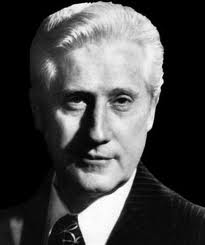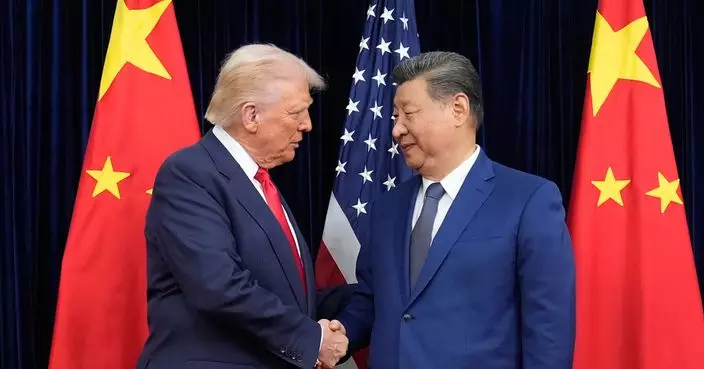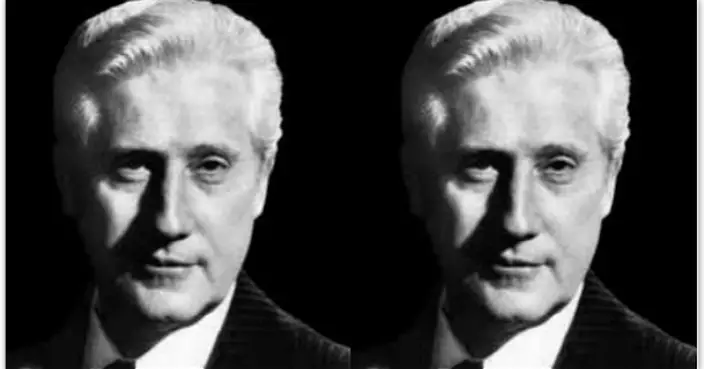2025 marks the 80th anniversary of the victory in the global anti-fascist war. At this significant WWII commemorative milestone, some US politicians, in pursuit of geopolitical interests, are collaborating with Japan in historical revisionism.
On March 29, US Defense Secretary Pete Hegseth attended a joint memorial ceremony at Iwo Jima, packaged as a commemoration for "US and Japanese war dead."
During the ceremony, which should have been commemorating a crucial turning point in the Pacific war for the Americans, Hegseth not only became the first US Defense Secretary to attend such a joint memorial but also crossed a historical red line in his speech by saying that “We have not forgotten the honor and the valor of our Japanese and American warriors. Their hallowed memory lives lives on in the bond between our people and our countries.”
Japanese Prime Minister Ishiba Shigeru emphasized the need to pass on lessons from the war, stating that he "sincerely hopes that the tragic history of war will never be repeated."
At the closing of the ceremony, a 99-year-old US veteran returned a Japanese flag captured during the war.
Afterward, the US Department of Defense published on its official X account, "The bravery of those who fought on Iwo Jima -- American and Japanese alike – endures in history, in sacred ground, and the bonds between our nations. Their valor will never fade."
This blurring of historical positioning triggered strong backlash from American netizens. Comments were filled with questions like: "Whose side does the Defense Secretary represent?" "In the war between the US and Japan, who does he support? Does he dare answer who attacked Pearl Harbor?" "I oppose Hegseth commemorating casualties from both sides at Iwo Jima; only our fallen deserve commemoration." Some netizens directly accused Hegseth's remarks as an insult to their fathers who sacrificed in the Pacific War.
It's worth contemplating that Japan's Ministry of Foreign Affairs has continuously invested resources for decades attempting to transform its WWII narrative from perpetrator to victim. Now it's trying to position itself in the peculiar role of an "Allied victor."
The distinction between justice and injustice in WWII should be clear, as established by the Nuremberg and Tokyo International Military Tribunals. While MacArthur's famous quote "old soldiers never die, they just fade away" still echoes, today's performance by US politicians tarnishes history.
In Japan's pursuit of military normalization, historical revisionism has always been present. As seen in the actions of politicians like Shinzo Abe, certain factions have never abandoned their attempts to revive militarism. Through narratives about atomic bomb victimhood and the Tokyo firebombing, Japan attempts to reshape international perception of its war responsibilities. This strategy has even influenced some Chinese netizens, creating the absurd phenomenon of "academic whitewashing" of historical crimes.
Word choice reflects value judgments. Just as we wouldn't describe armed robbers as "brave," glorifying aggressors similarly violates basic ethics. Following Hegseth's logic, should we praise the "heroic deeds" of the hijackers at the 9/11 memorial site? Such cognitive dissonance breaks the boundaries of civilized society.
Historical lessons remain vivid:
In 1931, the League of Nations' appeasement regarding the "September 18 Incident"
In 1937, Western shipments of strategic materials to Japan, eventually leading to the Pearl Harbor tragedy
In 1939, Japan planning to cut off China's supply routes, with Britain cooperating by closing Hong Kong routes
On December 8, 1941, after the Pearl Harbor attack, America finally entered the war. In the following four years, Japanese were dehumanized in American public opinion, with even Japanese-American citizens confined in internment camps and their properties confiscated
On July 25, 1945, America issued the top-secret order to drop atomic bombs
The current American historical indulgence toward Japan bears striking similarities to pre-war attitudes. If current trends continue, they will ultimately undermine the international legal foundation established after WWII.
Alarmingly, certain Western forces are systematically distorting historical memory - from falsely crediting American troops with liberating Auschwitz to erasing the Soviet Union's battlefield contributions. This historical nihilism has become a pattern. The US military's 2020 tweet claiming sole victory over the Nazis exemplifies this.
WWII historical perspective concerns the baseline of human civilization. The historical positioning of victorious and defeated nations cannot be confused - it's a crucial cornerstone of the post-war international order. If American politicians continue to reverse right and wrong, they will ultimately face the consequences. As netizens sarcastically suggest, why not visit European battlefields to "commend" the Nazi army's "bravery"?
Deep Throat
** The blog article is the sole responsibility of the author and does not represent the position of our company. **










